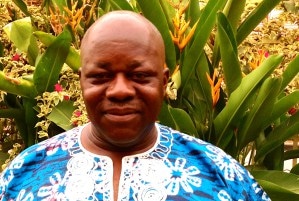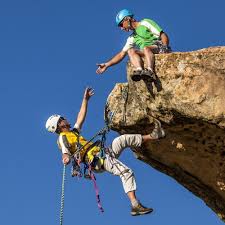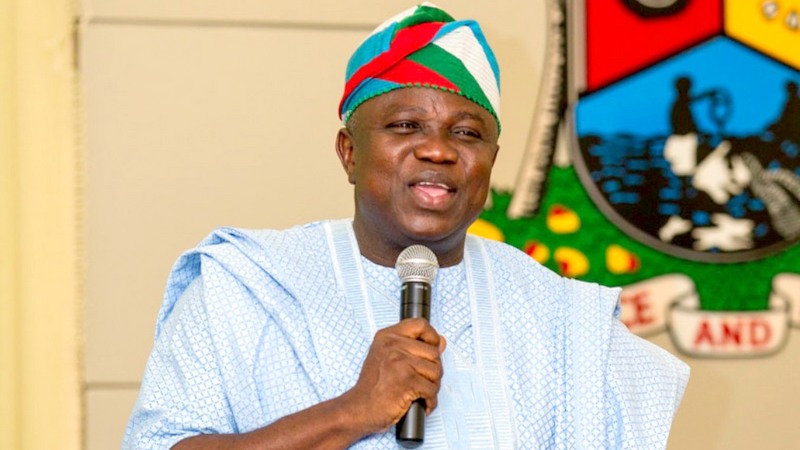2017 trend analysis and contours of inertia

The key word for 2017 remains the same one that has determined political and economic dynamics since the inauguration of President Muhammadu Buhari – INERTIA. In 2016, the political movers and shakers within the ruling APC resisted the temptation to come out openly to confront the president over his refusal or inability to make political appointments, hoping that there would be changes. In 2017, they will be unable to restrain themselves.
The story at the end of 2016 was that, for the umpteenth time, President Buhari would make major political changes and appointments in January 2017; he will do no such thing. Inertia will simply not allow him to make major changes. Essentially, President Buhari hates politics and distrusts politicians; he cannot change himself. In the first few months of 2017, the president will be under intense pressure to change one or two people close to him, following allegations of corruption against them and the current investigation he has asked his Attorney General to carry out. He is likely to replace them with similar people who would also be unacceptable to the political class.
As inertia will not allow the president to act in his own interest, the real question is how would the political class act? The political class will also have great difficulties taking action. There are strong push factors that would push political agitation within the APC into the open. Nonetheless, there are no pull factors to bring the APC political barons together.
The continued crisis within the PDP will push some of its leaders to join the quest for a new platform this year. If, however, Ali Modu Sheriff fails in his attempt to demolish the PDP, then the former ruling party could attract some of those being pushed out of the APC. The key question for 2017 is whether the president will seek a second term. I believe it will soon become clear that he would indeed seek a second term, not by taking action to consolidate a political coalition that would support him, which is what he should do.
This will pose a challenge for the anti-corruption campaign of President Buhari. The Buhari team would have to answer the question about whether they should loot the treasury to campaign or allow their opponents who have already looted to succeed in taking over power. The refusal of the Senate to confirm Ibrahim Magu as the Chairman of the EFCC is actually an inner battle within the presidential team and within the APC about whether the country should shift gear from anti-corruption to a more laissez faire approach.
The most important question for 2017 will be getting out of recession. Economists are agreed that the recession happened because of two factors. The first was the profligacy of the Jonathan Administration, followed by the collapse of petroleum prices. The second was President Buhari’s failure in getting a competent economic team to develop an effective and timely response to the crisis. By the end of 2016, the misery associated with the economic crisis had accelerated the social decomposition of society and anarchic responses, as the youth engage in self-help projects based on kidnapping, cattle rustling and rural banditry. The most important threat for 2017 is whether the Islamic Movement in Nigeria, the Shiites, would be pushed into opening another security threat for Nigeria. This follows the triple provocation associated with the ban of the organisation by the Kaduna State Government, the actions of the security agencies in preventing their religious and political processions and the refusal of the Federal Government to release their leader, Sheikh Ibrahim El-Zakzaky, despite court orders. Nigeria might well be sleepwalking into another security challenge that might be much bigger than the Boko Haram crisis.
The most frightening trend for 2017 is the return of hunger and malnutrition to Nigeria. In 2016, we observed the growth of starvation in the North-East due to the Boko Haram insurgency.
Finally, 2017 is likely to be the record year for the Nigerian national sport – prayers and more prayers. As crisis deepens and inertia cripples our response capacities, Nigerians will increase the quantum of time devoted to prayers.
I close my 2017 trend analysis with another health warning. Nigeria’s leaders at all levels should take trend analysis seriously in our collective interest.








